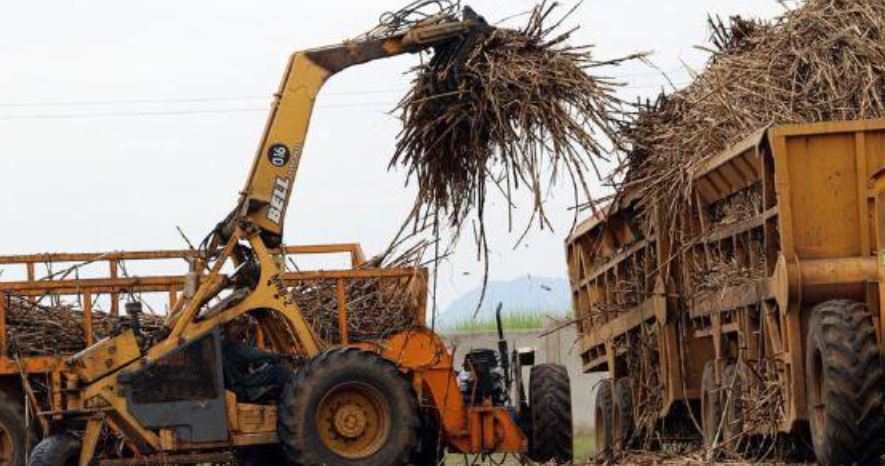The Kenya Private Sector Alliance has supported the proposed leasing of five state-owned sugar mills, as a move to improve competitiveness of the country’s sugar sector.
According to the business umbrella CEO Caroline Karuga, the bid to lease the sugar mills will benefit all stakeholders across the value chain, including suppliers, transporters, production, service and support extension workers, and farmers in the respective regions.
The government has announced plans to lease Chemelil, Miwani, Muhoroni, Nzoia, and South Nyanza sugar companies.
“KEPSA was one of the stakeholders who recommended leasing of the debt-ridden sugar mills to private investors two years ago, to give them a new lease of life. We, therefore, welcome the government’s move to restructure and lease these firms. We are confident that with the right strategic investors on board, the sector will return to profitability as demonstrated by private sugar mills,” Ms. Karuga said.
She added that leasing out of the mills will enable the private sector to mobilize resources to rehabilitate and modernize existing facilities, improve financial, technical and operational expertise, bring in efficiency and return the mills to profitability. It will also enhance competitiveness of Kenyan Sugar in both local and global markets.
The five mills have had loss-making streaks for more than a decade, negatively affecting economies in the regions they operate in, and the country as a whole. Previous interventions by the government, including bailouts, have not been successful. This has made the government to propose leasing the five mills to strategic investors.
At the moment, Kenya’s millers are not well-positioned to compete with their rivals especially with the impending end to sugar import quotas from COMESA.
“Kenya cannot continue asking for extensions of the COMESA deadline, like it has done in the past. Leasing is the way to sustainably put our house in order,” Ms Karuga said.
Under the proposed privatization move, the winning bidders will lease the factories for at least 25 years, operate them and produce sugar as private entities while the government will continue owning the assets.
This arrangement will enable the sugar sector to be as competitive as other agricultural sectors, such as tea and coffee that are great contributors to the country’s Gross Domestic Product (GDP).













Leave a comment